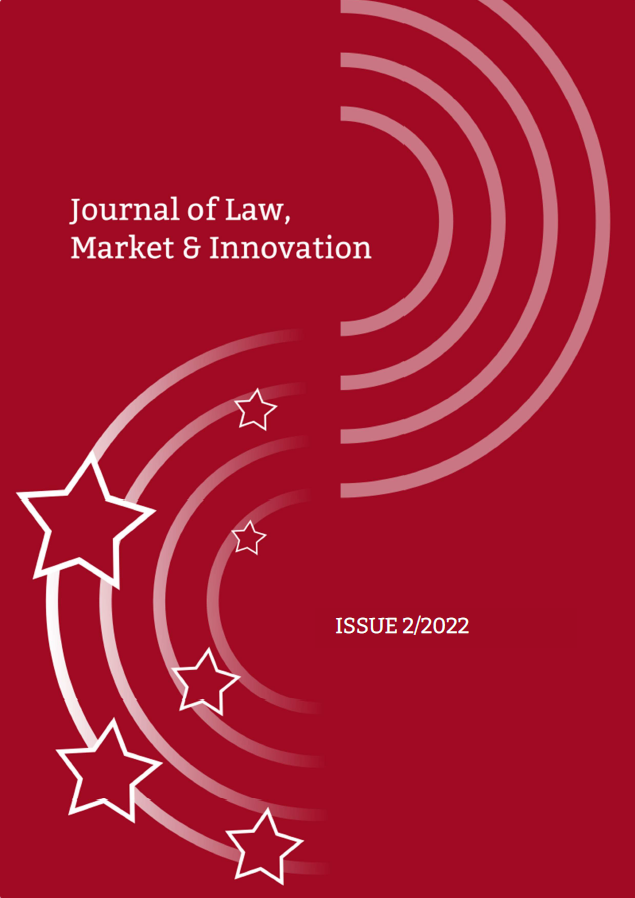Public agents in social media regulation: The Brazilian case in a comparative perspective
DOI:
https://doi.org/10.13135/2785-7867/6958Abstract
The use of social media by public agents, including politicians, is an ordinary practice throughout countries, part of the daily life of the public administration and States are currently dealing with the challenge of social media regulation. This article aims to show how social media has become a government toll throughout the years and how public agents and institutions are using this mechanism as part of the administrative routine. One of the key points is that the use of social media by governments is part of the movement to transform transparency and publicity, both from an internal point of view and for the public arena’s engagement in social participation.
Based on this, the article presents the results of a research conducted to identify if social media regulation is dealing with this scenario. In Brazil, the issue of social media use in the public sector is relevant because the country has approximately 9 million public agents, and around 242 million smartphone users. Brazilian politicians have personal accounts with loads of followers. A general social media regulation in the country is being drafted – while Courts deals with content control and blocking cases.
This article analyses how rules and regulations are assessing the matter, specifically if its text includes provisions for public agents or public institutions. The main goal is to identify whether there is a differentiation by the rules on the author of the content or content sharing. It investigates if there are differences on how regulations handle public and private persons. The comparative research was conducted in 8 countries and in the European Union sphere and has identified two models regarding social media regulation design. The results were compared to the Brazilian case, which presented some particularities in a comparative perspective. The research adopted the concept of regulation in an extended way.
In the conclusion, a roadmap for regulators in Brazil is proposed, with three elements to be considered when drafting a social media regulation. The roadmap intends to provide guidance for regulators when dealing with the challenge of regulating social media, considering the importance of properly identifying its subject.



 EJIF has been approved for inclusion in
EJIF has been approved for inclusion in  The Journal of Law, Market & Innovation is indexed in
The Journal of Law, Market & Innovation is indexed in  The Journal of Law, Market & Innovation is indexed in
The Journal of Law, Market & Innovation is indexed in  The Journal of Law, Market & Innovation is indexed in
The Journal of Law, Market & Innovation is indexed in  The Journal of Law, Market & Innovation is indexed in
The Journal of Law, Market & Innovation is indexed in  The JLMI is classified as a "Class A" journal for Law (Area 12) by the Italian
The JLMI is classified as a "Class A" journal for Law (Area 12) by the Italian 
